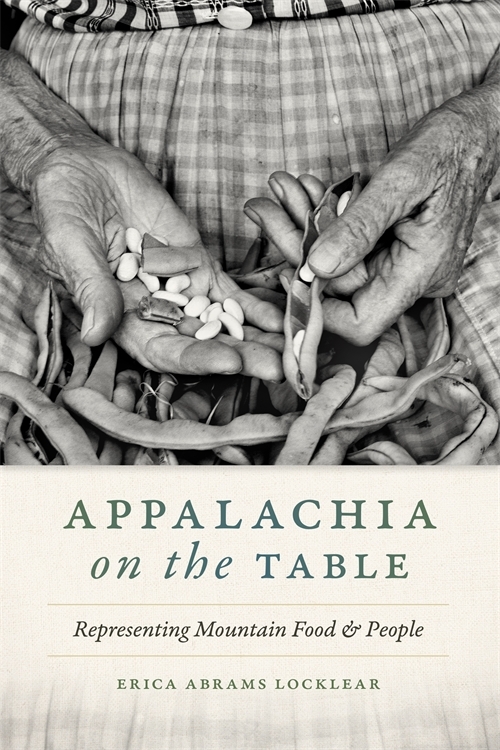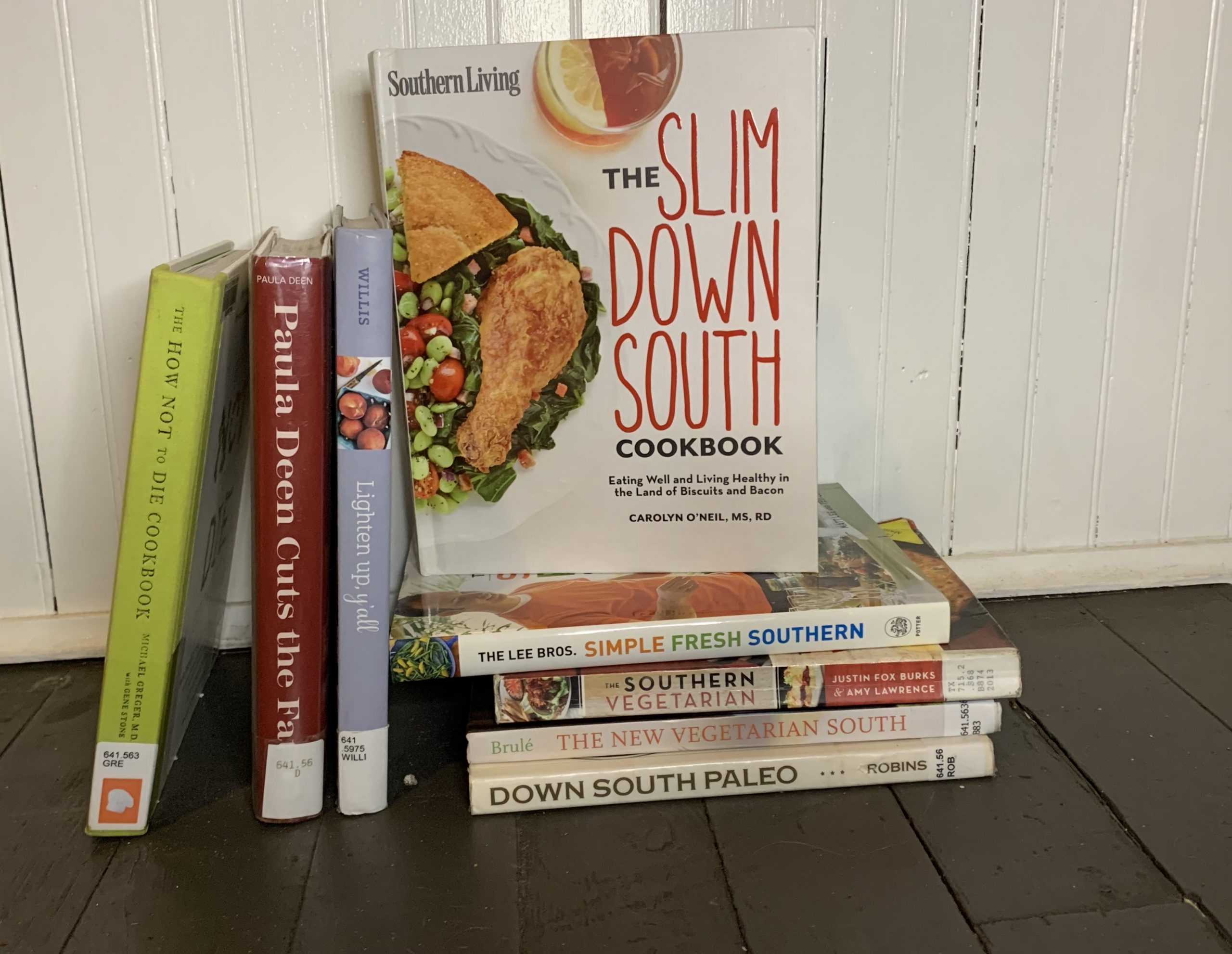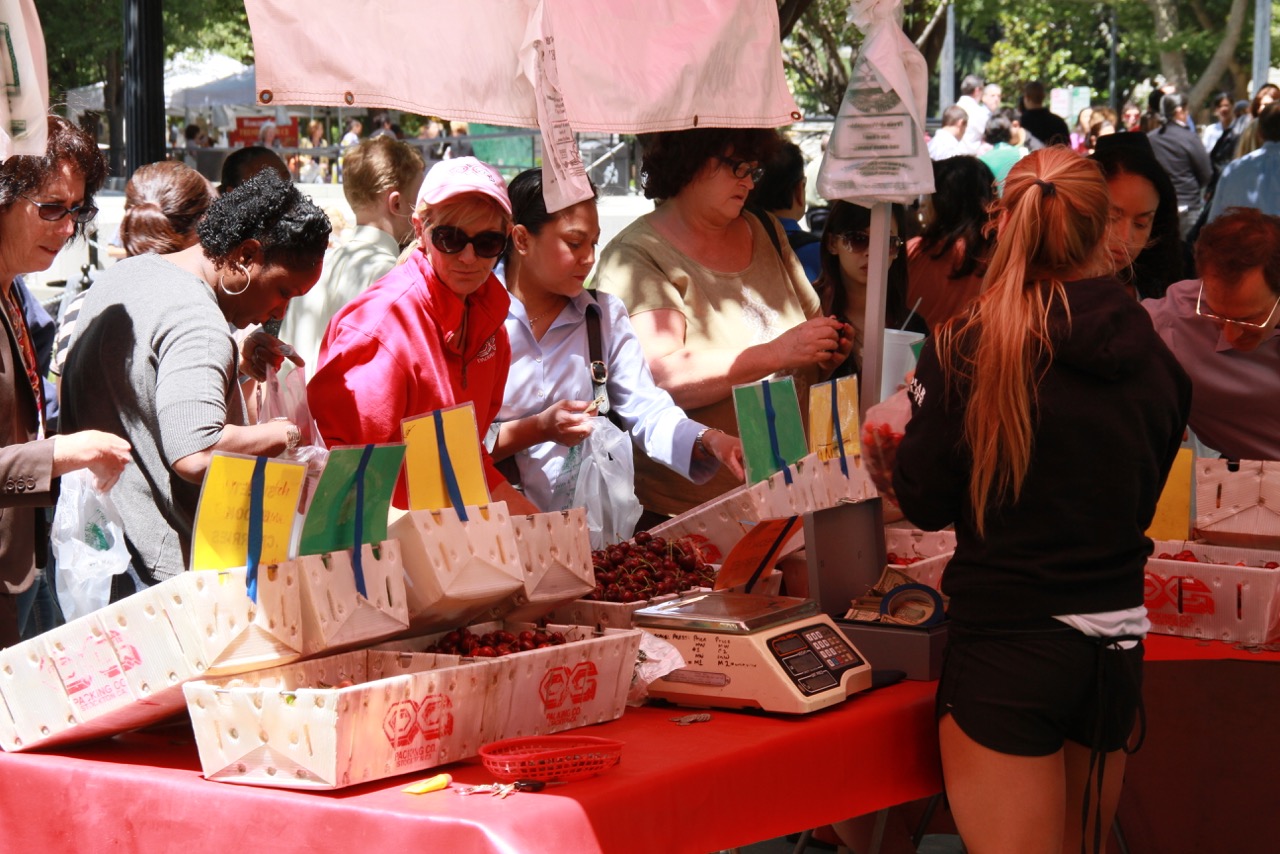Rich People’s Food? Changing Food Landscapes and the Need for a Critical Discourse on Superfoods

Underutilized, neglected, orphan, emergency, miracle, or super crops – these are labels and terms one can find in academic debates and marketing campaigns of so-called superfoods. Superfoods are crops that are celebrated for their high nutritional value and “curative properties.” They are often linked to indigenous communities, traditional practices and a unique place-based history. In recent years, the interest and enthusiasm for superfoods increased: A variety of food products such as chia seeds, moringa and quinoa were marketed globally as superfoods, which fundamentally affected and destabilized the local food systems these foods had been embedded in. Superfoods are often imagined as problem solvers; specifically development experts and the tech sector see them as promising solutions in addressing various issues such…



